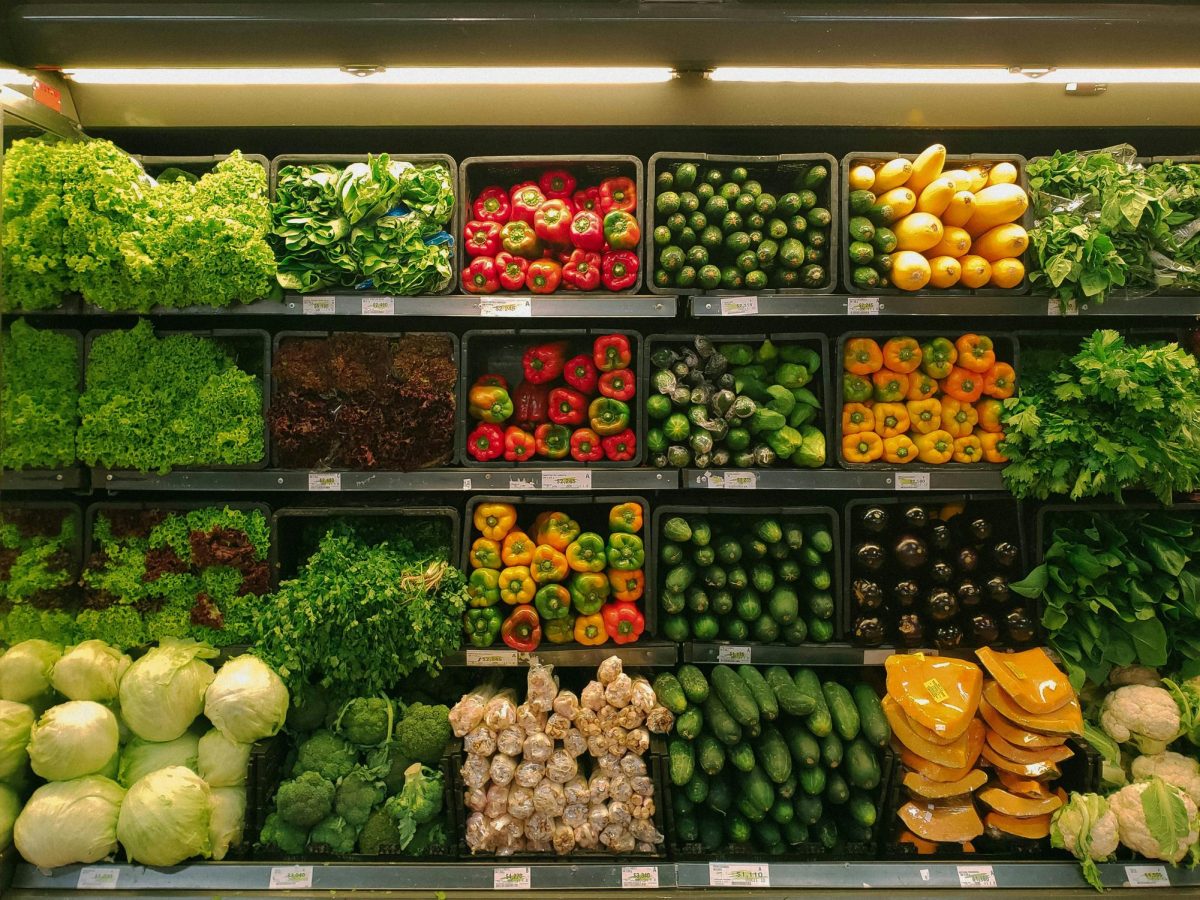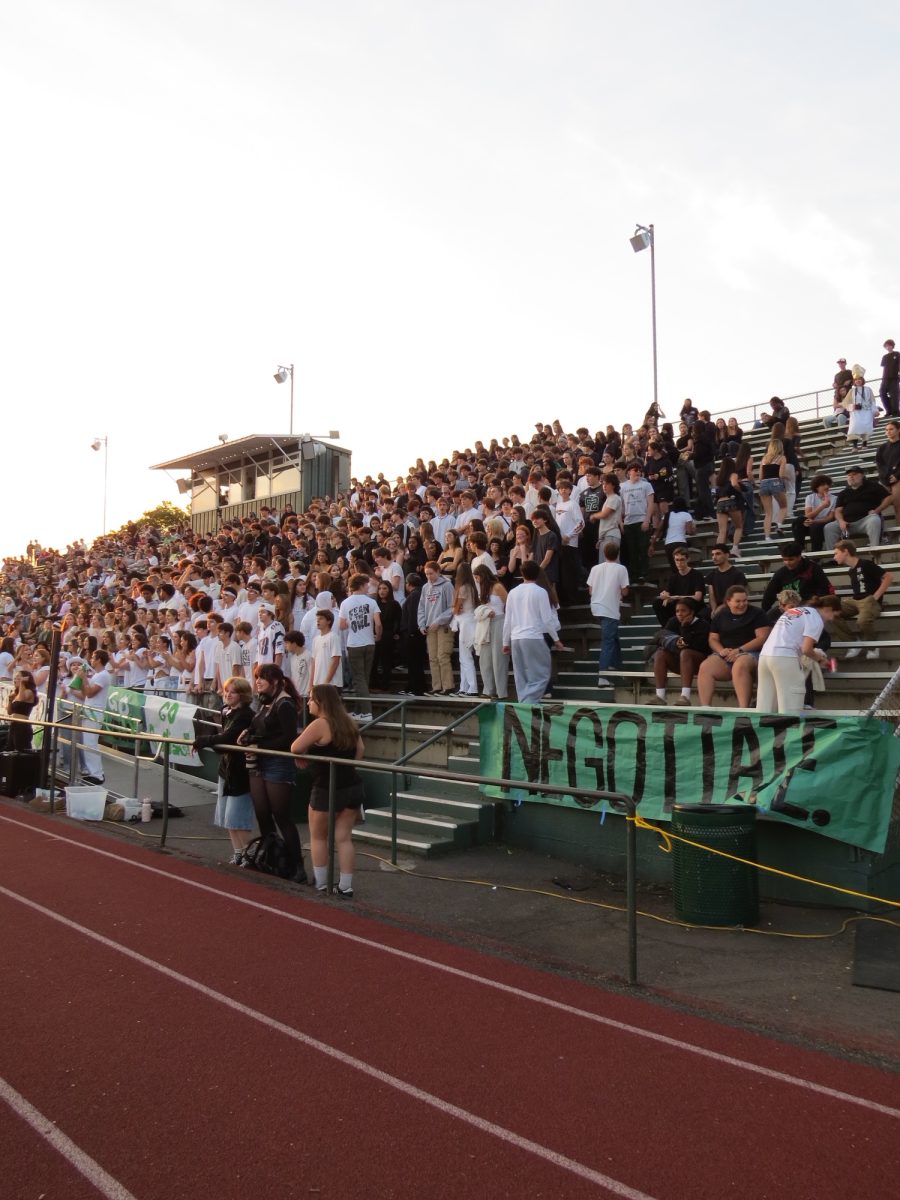Since Oct. 2022, Kroger and Albertsons, two popular supermarkets, have been trying to merge into one company. Currently, Kroger owns Quality Food Centers (QFC), Fred Meyer, Ralphs, and many more. Albertsons owns Safeway, Vons, United Express, and others. If the two companies were to merge, it would be the biggest supermarket merger in history, costing $25 billion.
This merger could have numerous good and bad effects nationwide. Both companies are thrilled to merge, however, there’s a lot of skepticism on whether this is a good idea. The Federal Trade Commission (FTC) has decided to challenge this acquisition. But first, let’s hear the arguments on both sides.
Both companies are claiming to keep prices low and increase food choices, job opportunities, and opportunities for local farmers to have their products in these stores. The companies also announced a new commitment to donate a combined $10 billion meals by 2030. Additionally, they are claiming that they will work to support and improve their union by providing $1 billion. One fear some workers have is losing their jobs or having their stores close down as a result of this merger. However, both CEOs have promised that they won’t be closing down any stores, and nobody will be laid off.
The FTC is worried about the anticompetitive effects the merger will have. The merger eliminates fierce competition, which could lead to higher prices for food and appliances. Additionally, this merger will do the opposite of increasing food choices by narrowing the choices of where consumers can shop. The quality of products and services can also decrease. Workers will also have a harder time fighting for higher wages due to the erasure of competition for workers, better benefits, and improved working conditions.
It should be noted that this merger would essentially create a monopoly in the grocery industry. However, competition isn’t a bad thing, it forces the two companies to continue competing to provide the best prices and services to consumers. The loss of competition can lead to a disincentivization of improving products and customer service.
As of Feb. 26, Oregon has joined the lawsuit to block this historic merger. This situation is ongoing, and the odds do not look to be in favor of Albertsons and Kroger.









